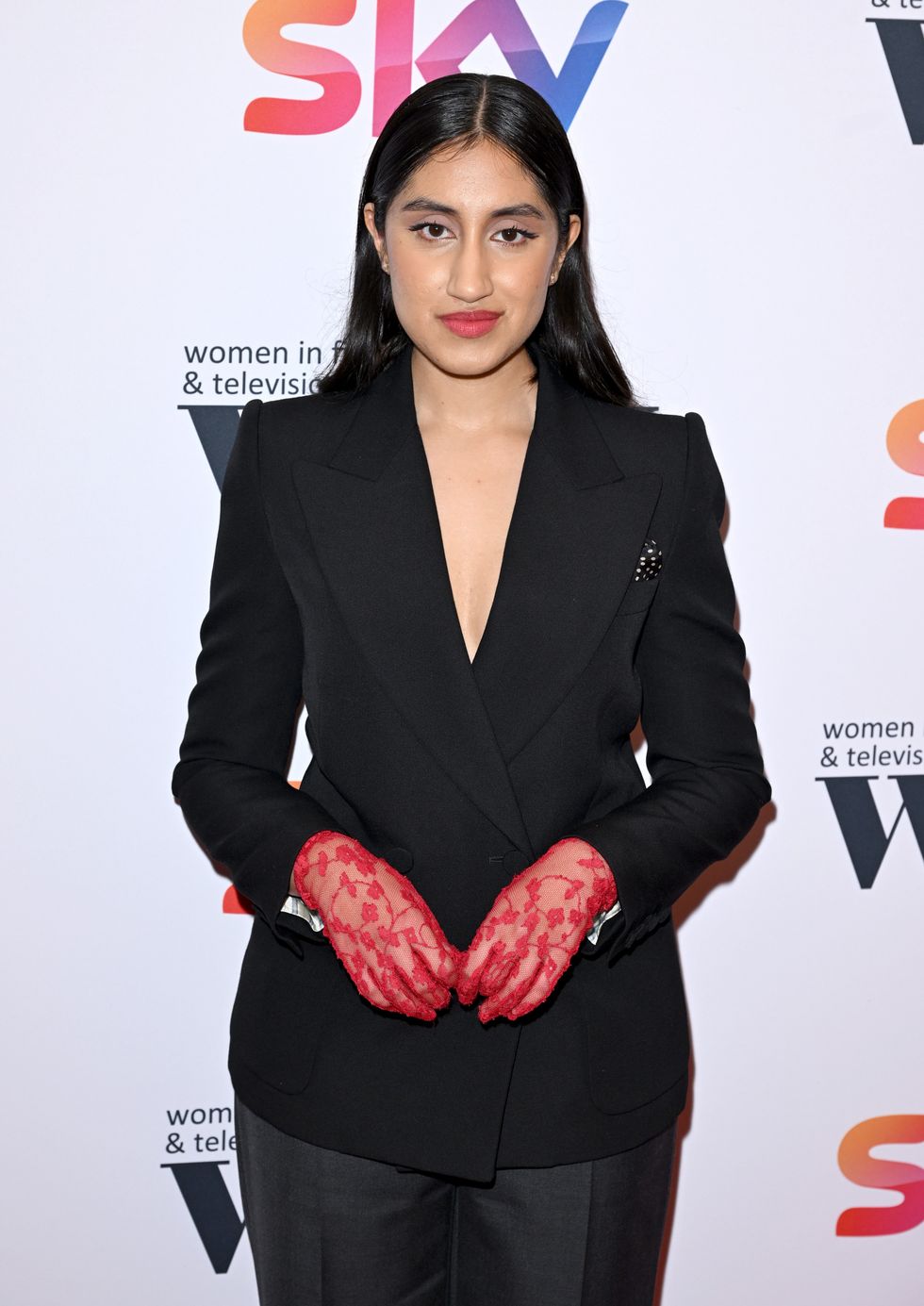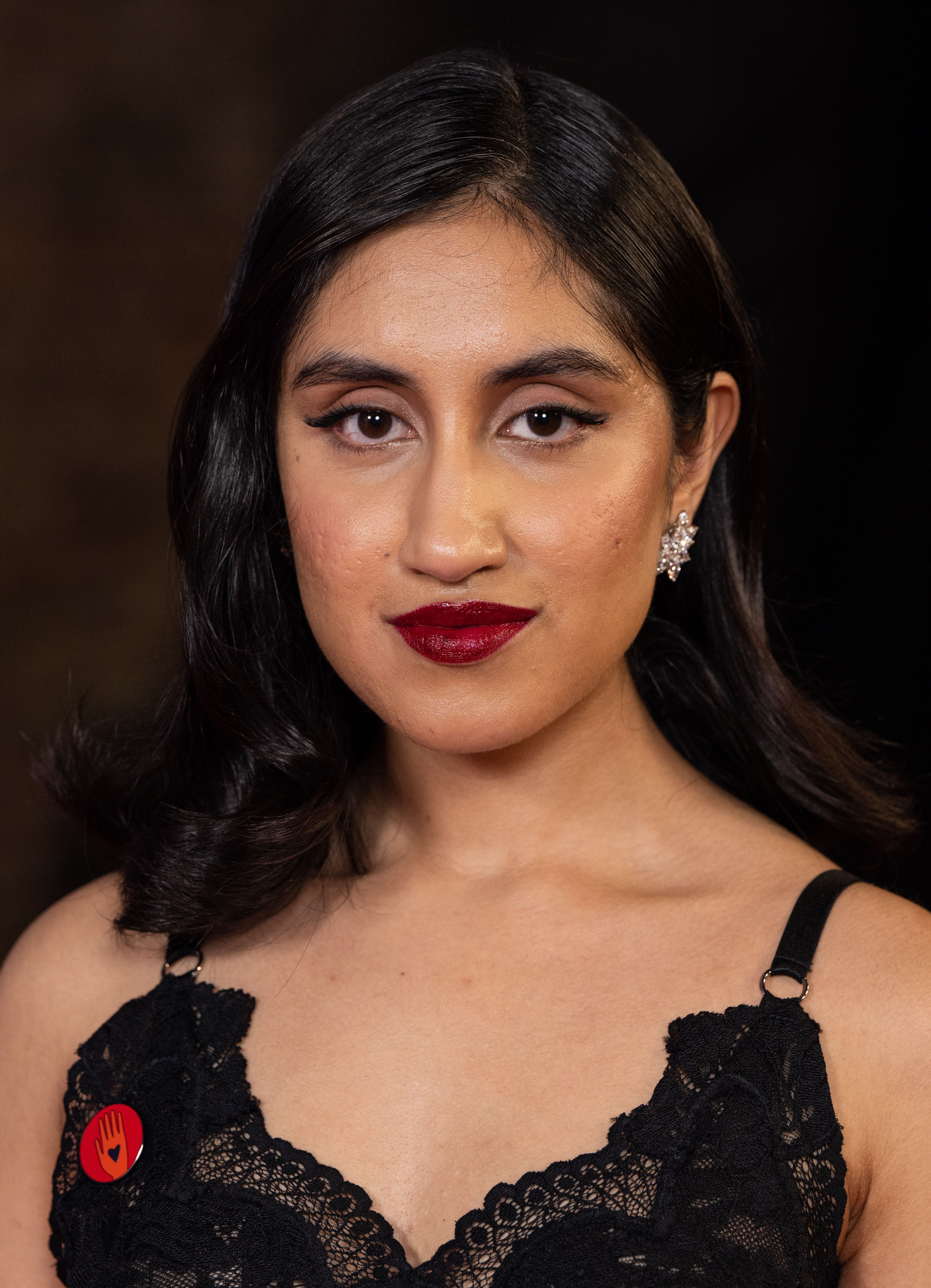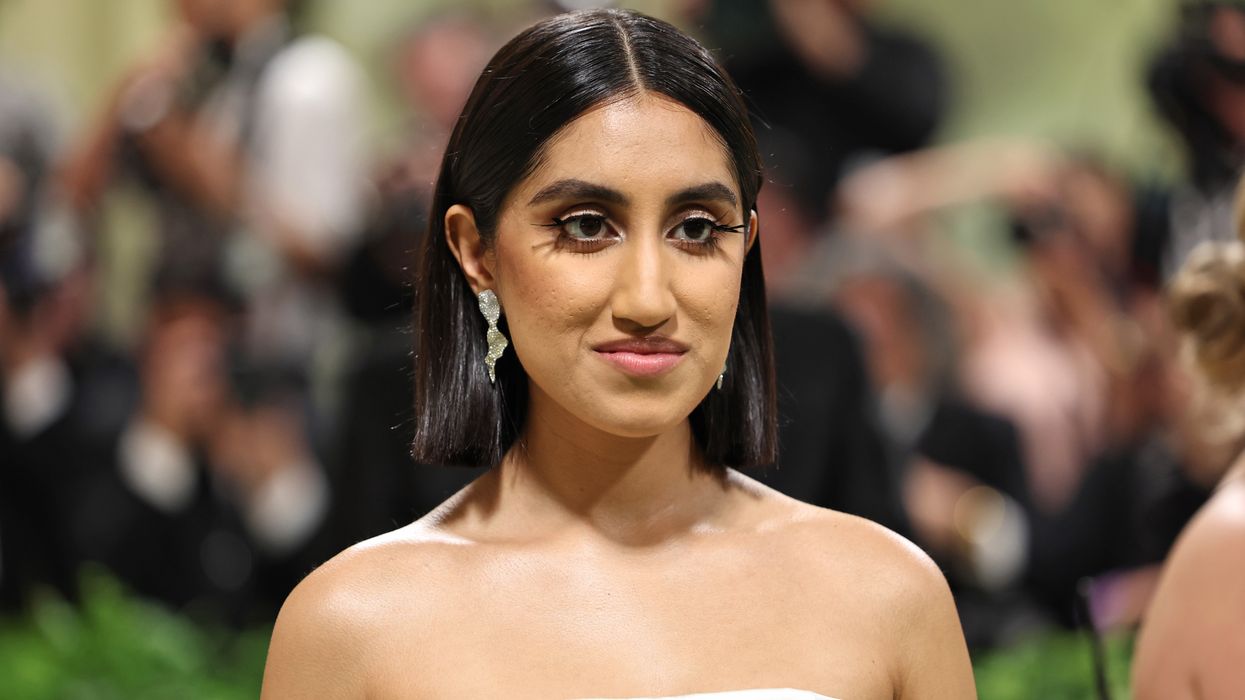Highlights:
- Ambika Mod says she’s still asked to audition for stereotypical “brown” roles despite One Day success.
- The British Indian actor compared her experience to her white co-star Leo Woodall’s diverse opportunities.
- She has also addressed racism and misogyny in audience reactions to her work.
- Mod’s recent projects include Black Bag and The Stolen Girl.
Ambika Mod, who rose to global attention with Netflix’s hit adaptation of One Day, says she continues to face the same narrow casting offers that she did early in her career. The British Indian actor revealed she is often approached for “brown” roles such as doctors, dentists, or rookie police officers, despite having proven her range in a widely praised lead performance.
“It’s just the industry and the way our society works,” Mod explained. “You either get asked to audition for brown roles, which are usually the doctor, the dentist, the policewoman.” She contrasted this with the career trajectory of her One Day co-star Leo Woodall, who has gone on to lead major projects including Bridget Jones: Mad About the Boy and Apple TV+ thriller Prime Target.

What kind of roles is Ambika Mod being offered?
Mod says that even after the breakthrough success of One Day, she is still invited to read for limited, stereotypical characters.
“Even in the past year and a half, I have been asked to audition for the rookie cop who investigates the story of the two interesting white leads,” she said.
Her comments bring to light an ongoing conversation in the entertainment industry about the lack of diversity, not just in casting, but in the types of narratives available to actors from underrepresented backgrounds.

How racism and misogyny shape public perception of her work
Beyond casting rooms, Mod has faced prejudice from audiences as well. She said she has read “unsavoury” remarks about herself online, which she believes are rooted in racism and misogyny.
In an earlier interview, she described how conversations about her work often focus on her ethnicity rather than her craft. “When people talked about my white co-star’s performance, they would often talk about his acting and the quality of his work, whereas with me, not all the time, it was about how amazing it was that I’m brown, and what a change-making casting choice it was. I would think, ‘What about my performance and my work?''
Career after One Day: Ambika Mod’s recent projects
One Day, based on David Nicholls’ bestselling novel, told the decades-spanning story of two university students whose one-night meeting shapes the rest of their lives. The Netflix series became one of the platform’s most-watched titles globally during its release week, making stars of both Mod and Woodall.
Since then, Mod has expanded her portfolio with high-profile projects. She starred in Steven Soderbergh’s 2025 spy thriller Black Bag, sharing the screen with Michael Fassbender, Cate Blanchett, and Pierce Brosnan. She also took on the role of journalist Selma Desai in The Stolen Girl, a tense thriller distributed by Disney+.

Why Ambika Mod’s comments matter
Mod’s candid remarks resonate with many actors of colour who struggle to break free from industry stereotypes. While her career is on an upward trajectory, her experiences show that representation is not just about increasing the number of diverse faces on screen, but also about giving them complex, leading roles.

Her decision to speak openly may encourage more conversations about systemic bias in casting, as well as the need for storytelling that reflects a broader range of experiences.





